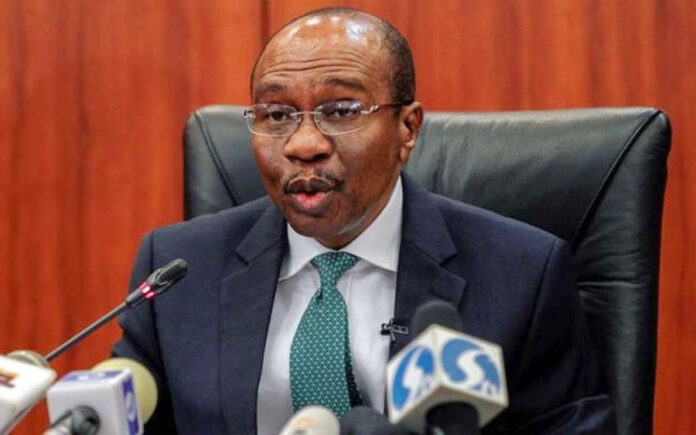By Anthony Areh
Financial experts have urged the Federal Government of Nigeria to adequately fund Micro Small and Medium Enterprises (MSMEs) in order to address the high inflation rate.
The financial experts spoke on Tuesday in Lagos, against the backdrop of the CPI released by the National Bureau of Statistics (NBS).
The statistics currently at 13.22 per cent for the month of August, showed a 0.40 per cent increase from that of the month of July.
Mr Wale Oyekoya, a financial commentator, said that the inflation rate was at an all-time high unlike what it used to be.
Oyekoya said that the increase in the prices of food, the rate of unemployment and infrastructural deficit, were major pointers that could lead to economic recession if not properly handled.
According to him, at 13.22 per cent, it means that the MSMEs sector of the economy, were not properly funded.
“You know when there is increase in food prices, once unemployment is high and there is infrastructure deficit, definitely inflation rate will spike.
“We are heading into, if not already in a recession.
“The MSMEs should be adequately funded. What we can do is to pump money through loans to the MSMEs at a low or single digit interest rate so that people can go back to their businesses.
“The buying power of Nigerians are very low. Funds released (like the N600 billion) to the agriculture sector should be well implemented to get the desired results on the economy,” he said.
Oyekoya, who is also the Managing Director of Bama Farms, said that Small Medium Enterprises (SMEs) struggled to pay charges on loans from retail banks.
He said: “Those retailer banks are not investment banks and are not helping the economy. The charges given to the SMEs are most of the time the profits of the SMEs.
He ruled out border closure as a contributory factor to the current inflation rate.
He expressed worry that if certain things were not put in place to ensure that food and other commodities were optimally produced and available at affordable prices then the situation would persist.
Mr Emeka Okereke, another financial expert, said that the increment in pump price of petrol and electricity, were the major factors of the spike.
Okereke feared that the CPI rate would continue to increase until December, when it would hit 17.25 per cent.
“The rate will continue to spike. Actually my projection in July was that it will get to 13 per cent, so, here we are.
“Also the increment in the price of PMS and of course electricity spiked it up.
“Going with this rate, the last quarter of this year, the rate will further rise and my projection will be 17.25 per cent with the rate we are going because, there is a lot of uncertainty in the economy.
“Remember, CBN is dragging on unitary monetary foreign exchange which is one of the conditions the World Bank gave government before they can access the $1.3 billion.
“The first bid has been done by deregulating the petroleum industry and increasing tariff for electricity.
“The next thing is that CBN might adopt unitary system for the forex market which has been allocated in the past, to the market forces to determine the actual value,” he said.
Okereke also said that loans taken should be channelled to projects that would impact on Nigerians, stabilise the polity, rebuild the people’s confidence in doing business, especially farmers, rejuvenate the economy and improve production.
According to him, the cost of governance, policy structure should be reviewed to provide a buffer for a more healthy and competitive economy.
He said that it was not right to continue to base Nigeria’s economy on oil alone.
NBS CPI which measures inflation increased by 13.22 percent (year-on-year) in August 2020.
This is 0.40 per cent points higher than the rate recorded in July 2020 (12.82 per cent).
Increases were recorded in all COICOP divisions that yielded the headline index on a month-on-month basis, the headline index increased by 1.34 per cent in August 2020.
This is 0.09 per cent higher than the rate recorded in July 2020 (1.25 per cent).




